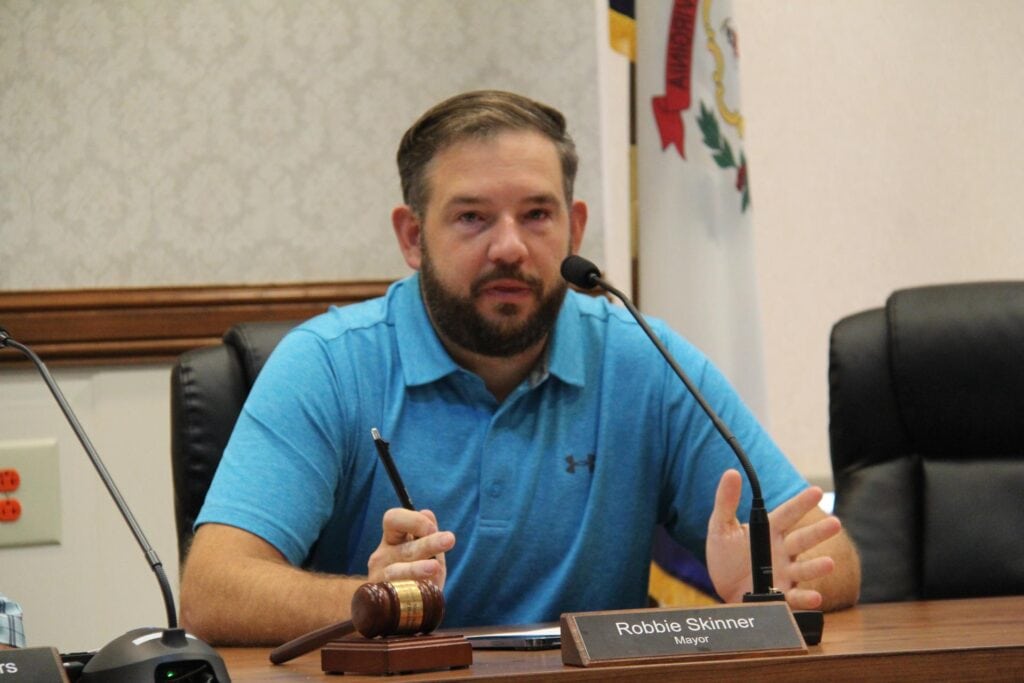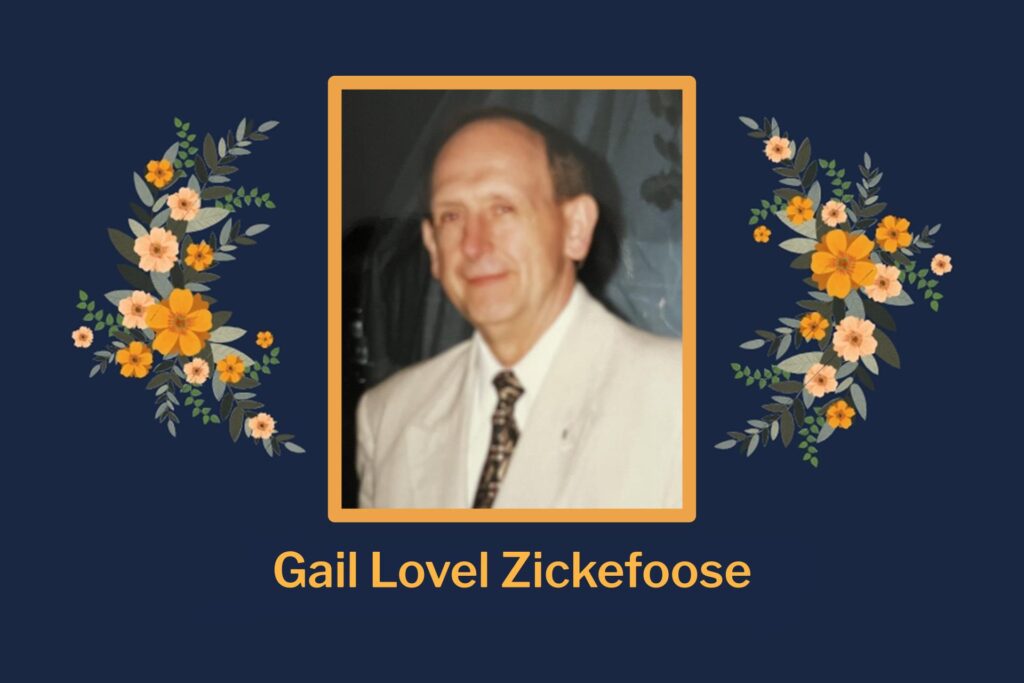BUCKHANNON – A Buckhannon woman who embezzled over $16,000 from the Upshur County Special Olympics over a three-year period was sentenced to one to 10 years of home confinement Thursday in Upshur County Circuit Court.
Charliena Jane Helmick Gilmore, 45, was sentenced to a one-to-10-year indeterminate sentence of home confinement with the requirement that the entire first year be served before she becomes eligible for supervised parole.
According to a previous story, between December 2015 and February 2019 while she was serving as director of Upshur County Special Olympics, Gilmore reportedly took $16,662.79 from the Special Olympics of Upshur County and “converted the money to her own use,” according to the original criminal complaint.
On Nov. 12, 2020, Gilmore pleaded guilty to one count of embezzlement, a felony, and the sentencing hearing had initially been scheduled for Jan. 4, 2021 but was delayed due to the pandemic.
At Thursday morning’s hearing, Gilmore’s attorney, James Hawkins, requested a 36-month deferred adjudication.
“The most compelling factor is that the restitution has been paid back, and she has taken responsibility from very early on in the case,” Hawkins argued. “She provided a full and complete confession to then-sheriff’s deputy Mark Davis and didn’t try to diminish or mitigate her role or beg off in any part of that.”
Hawkins said Gilmore has been active in the Buckhannon-Upshur community for decades and her acts were “out of character … after desperation set in” during a very dark period in her life.
Upshur County Prosecuting Attorney Bryan Hinkle opposed the motion, which Reger ultimately denied.
“I don’t think a case that violated the public trust and the trust of the Special Olympics by stealing from them … [warrants] a deferred adjudication,” Reger said. “I don’t want people to see that you can steal money from the Special Olympics and get a deferred adjudication.”
Hawkins then asked for alternative sentencing – specifically that Gilmore be placed on probation, saying his client was very low risk to reoffend.
“She’s going to be where you want her to be, when you want her to be there, doing what you want her to be doing,” he said. “She’s been humiliated, punished and is remorseful. There’s no useful purpose in incarcerating her.”
Reger countered that whatever sentence was imposed could serve as a deterrent for the future.
When given the opportunity to speak to the court, Gilmore apologized, noting she’d lost a job, many people’s trust, and had been forbidden from having any contact with the Special Olympics.
Gilmore also said she hoped her actions won’t impede local Special Olympics fundraising efforts.
“I just hope what I’ve done won’t hinder the Special Olympics from doing what they’re going to be doing in the future,” Gilmore said. “Some days, I can’t believe I did it and I still don’t know why I did it.”
Hinkle opposed Hawkins’s motion requesting alternative sentencing, arguing Gilmore’s offense wasn’t a singular act.
“It wasn’t like she woke up one morning and [took money from the Special Olympics] one time,” Hinkle said. “This was over the course of several years, and it wasn’t until after it was discovered that she came forth and was honest [about her actions].”
Reger said although Gilmore’s offense wasn’t violent in nature, it was “shocking and appalling.”
“This is an egregious offense,” the judge said. “When you look at the victims and who they are, you can see how [people could be] rightfully outraged. Stealing from the Special Olympics – there’s no other way to put it – that’s going down pretty low to do that. That’s pretty hard to stomach.”
Reger, however, noted Gilmore’s extensive educational background, positive work history and the fact that she has paid restitution in full.
“It’s a close call for me on whether you should go to the penitentiary,” the judge said. “We’ve had people in here who have stolen money from Little League sports, but stealing from the Special Olympics is somehow even worse. I feel like you’re getting some grace here from the court.”
Reger sentenced Gilmore to home confinement for one to 10 years, with the stipulation that she serve one full year before she is eligible for supervised parole. The court is also requiring Gilmore to pay home confinement fees, court costs and put in 100 hours of supervised community service.
Gilmore asked to be allowed to apologize to members of the Special Olympics Board, some of whom were in attendance at Thursday’s hearing, and Reger told her she could write a letter of apology that would need to be approved by her home confinement supervisor.
“I don’t want to hear about you violating home confinement, because if you’re back in front of this court, I don’t think it’s going to go well for you,” Reger said.













